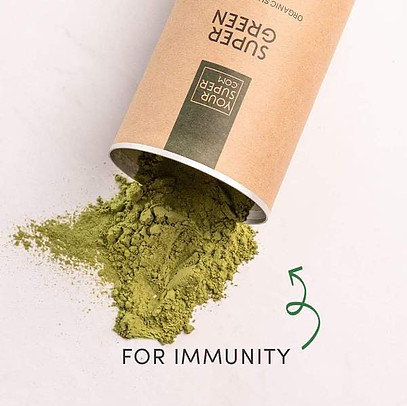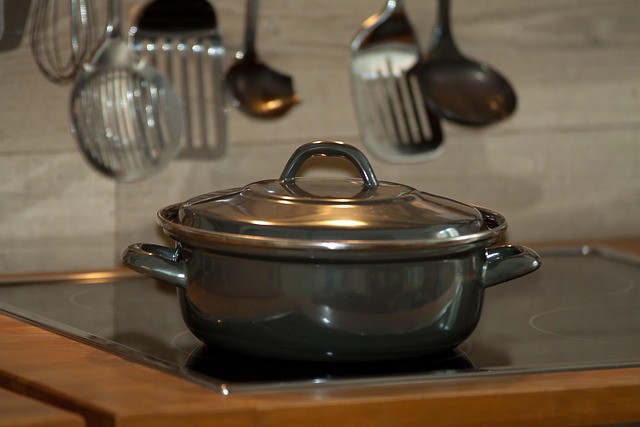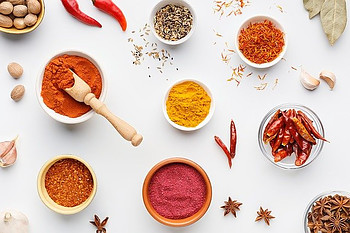Is Sulforaphane Good For You?

Many of us are aware of the importance of eating vegetables to maintain our health, but some may not be aware that cruciferous vegetables like broccoli, cauliflower, and cabbage contain a chemical called sulforaphane. But is sulforaphane good for you?
Sulforaphane, one of the most abundant indole-containing compounds in cruciferous vegetables such as broccoli, is a powerful antioxidant that inhibits cancer cell growth and apoptosis. It’s one of the most abundant indole-containing compounds in these vegetables and it’s been shown to have many health benefits.
It does this by inhibiting cancer cell growth and apoptosis and reducing inflammation. Learn more here in my article, How Sulforaphane is Good for Your Health: A Beginner’s Guide.
As an Amazon Associate I earn from qualifying purchases. When you use the links on this page to make a purchase I may get a small commission and you may get a great bargain. It’s a win-win all around. Support my page and I can continue to provide great tips, recipes, reviews and lifestyle advice. Ask me how by clicking here!

What is Sulforaphane?
Sulforaphane is a natural compound found in broccoli, kale, cauliflower, cabbage, bok choy, and turnips. It’s also one of the most abundant indole-containing compounds in cruciferous vegetables.
Sulforaphane is known to have powerful antioxidant properties that inhibit cancer cell growth and apoptosis because it boosts the body’s production of several enzymes that are involved in these processes.
It’s also been shown to have anti-inflammatory effects by inhibiting the activity of pro-inflammatory compounds. As a result, it can help people with chronic inflammatory diseases like asthma or arthritis to better manage their symptoms.

What is Sulforaphane Good For?
Sulforaphane is a nutrient that has not only been shown to have antioxidant properties, but is also anti-inflammatory and helps with cell repair.
A study in the Journal of Medicinal Chemistry found that sulforaphane had the ability to inhibit cancer cell proliferation and apoptosis, which is programmed cell death.
The same study also found that sulforaphane inhibited angiogenesis, or the growth of new blood vessels. This is an important benefit because it can help prevent tumor growth by reducing access to oxygen and nutrients.
Another study found that sulforaphane may be effective in modulating both metabolic syndrome and type 2 diabetes. The results were positive for protection against obesity, insulin resistance, dyslipidemia, hypertension, endothelial dysfunction, or damage to cells lining blood vessels caused by high blood pressure, as well as inflammation.
Sulforaphane’s anti-inflammatory properties are also helpful in treating chronic diseases like arthritis. One study found “sulforaphane significantly suppressed chronic inflammation”. It does this by decreasing levels of inflammatory cytokines IL-1beta and IL-6 through inhibiting the activation of nuclear factor kappa B (NFκB) signaling pathways.
What Foods Contain the Most Sulforaphane?
Here are some of the foods that contain the most sulforaphane:
– Broccoli
– Cauliflower
– Collard greens
– Brussels sprouts
– Kale
– Mustard greens
Try my recipe for roasted brussel sprouts:
Is Sulforaphane an Antioxidant?
Yes, sulforaphane is an antioxidant. Antioxidants protect your cells from free radicals that can damage your cells and lead to cell death. Free radicals are molecules that have a natural but unstable electron, which causes them to scavenge electrons from other molecules they come in contact with.
Antioxidants like sulforaphane work by giving up its own electrons to free radical compounds, stopping them before they can cause any damage. This process is called oxidation and the antioxidants themselves are oxidized in the process, which is what makes them “free radical scavenging.”
Does Sulforaphane Help with Weight Loss?
Sulforaphane may help reduce obesity and insulin resistance, and it is a potent inducer of heat shock proteins (HSPs). HSPs play a role in the prevention of insulin resistance and oxidative stress.
A study published in the journal Cancer Prevention Research found that sulforaphane inhibited the growth of cancer cells by 70% and induced apoptosis.
The study also found that sulforaphane inhibited the growth of human colon tumor cells as well as those derived from breast, prostate, ovarian, and childhood cancers. Sulforaphane also inhibited lung cancer cell production.
Sulforaphane can be taken orally or applied topically to reap its benefits. It can be found in foods such as broccoli sprouts, kale, cabbage, cauliflower and bok choy.
In the course of human history, it is safe to assume that few substances have been as widely studied as sulforaphane. What is now known is that sulforaphane is a potent antioxidant, helps maintain healthy blood sugar levels, is anti-inflammatory, and protects the body against certain types of cancer. It is also now known that it may be possible to prevent or treat many of these conditions by incorporating more sulforaphane-rich foods into the diet. There is also some evidence that sulforaphane can help with weight loss.
While more research is needed to determine the long-term health benefits of sulforaphane, it may be worth adding more of these healthful foods to your diet in the meantime! I hope you have learned if sulforaphane is good for you in this article How Sulforaphane is Good for Your Health: A Beginner’s Guide.







This is a new word that I learned a lot about in this article!
Yes , it is certainly a new word for me too . I have frequently heard about Sulphur and Sulphur Dioxide etc .
But this word – Sulforaphane – is like a pain in the neck and sounds like Cellophane or a Scotch Tape . ?
Besides there are Sulphur Springs . Like hot water oasis where one can occasionally take a spring bath for people who have skin deficiency .
It is like hot salt water bath . Such as in some spas for body toxification etc .
Hi Brad! Thank you for stopping by!
Yes , it is certainly a new word for me too . I have frequently heard about Sulphur and Sulphur Dioxide etc .
But this word – Sulforaphane – is like a pain in the neck and sounds like Cellophane or a Scotch Tape . ?
Besides there are Sulphur Springs . Like hot water oasis where one can occasionally take a spring bath for people who have skin deficiency .
It is like hot salt water bath . Such as in some spas for body toxification etc .
Brad